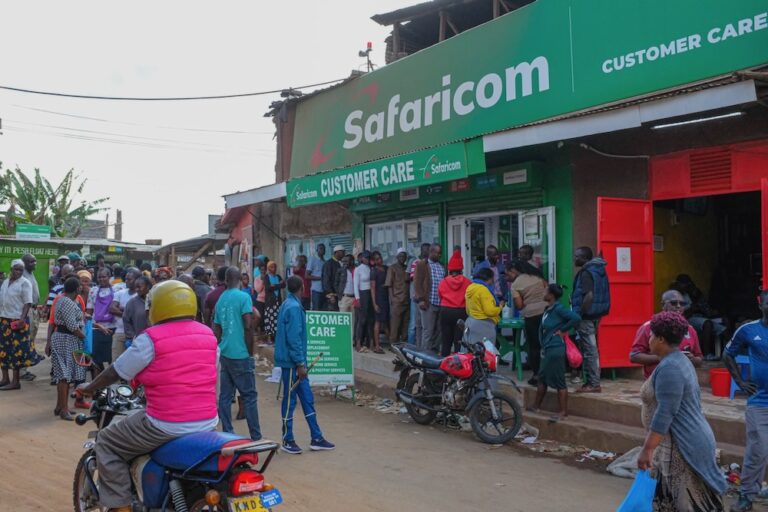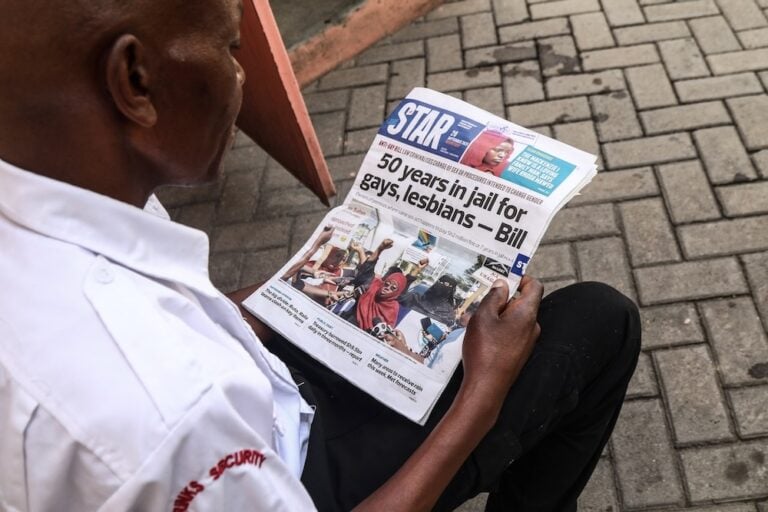This is a report of a baseline survey on the right to information for internally displaced persons (IDPs) that was conducted by Article 19 Eastern Africa. The study sought to ascertain to what extent internally displaced persons in Kenya exercised their right of access to information at the different stages of displacement.
(ARTICLE 19/IFEX) – This is a report of a baseline survey on the right to information for internally displaced persons (IDPs) that was conducted by Article 19 Eastern Africa in December 2011 in the Rift valley, Nyanza, Coast and Western provinces in Kenya. The study was conducted within the ARTICLE 19 project – Sharing Vital Information: Empowering the Displaced in Kenya that seeks to empower IDPs to claim their “Right to Information” and to use information to realize their other civil, political, economic and social rights.
The study sought to ascertain to what extent internally displaced persons in Kenya exercised their right of access to information at the different stages of displacement. It seeks to provide comprehensive insight into the situations of the IDP’s with regard to their information needs, their involvement in the formulation of policy issues that affect them and to offer a picture of additional issues affecting IDP communities that would enhance targeted interventions.
This report is based on data collected through interviews with 294 IDP respondents at the research areas of the Rift Valley, Nyanza, Western and Coast regions of Kenya. The respondents included displaced victims of the 2007/2008 post election violence, victims of resource based conflicts and internally displaced persons who were evicted to pave way for development projects being implemented by government.
The rights to information and expression are fundamental human rights. They underpin all human rights and are central to human development. In the context of a large-scale disasters, fulfilling these rights takes on particular importance: appropriately targeted information cannot only ensure that assistance is effective and locally relevant, but it can also save lives and preserve human dignity.
The report finds that structures and mechanisms to convey information to IDPs are lacking; and most times, IDPs rely on informal and inconsistent channels of communication regarding government programs and policies affecting them. The impact of lack of information on IDPs has been far reaching, and has affected the IDPs access to compensation programs that have been initiated by government, created inconsistency with regard to the comprehensive registration and profiling data about IDPs, and hampered IDPs access to justice for victims of sexual violence. The lack of information has also hampered the equitable distribution of humanitarian assistance as lack of transparency has resulted in corruption and infiltration of “fake” IDPs into government data bases, who have unfairly benefited from the programs, and in particular, the resettlement program.
The survey also reveals that despite the efforts by the government and other stakeholders to develop a national IDP Policy, there is minimal awareness among IDPs regarding the provisions of the policy and how it will benefit displaced persons. During the field research, IDP leaders confirmed participating in some forums seeking IDPs input on the National IDP policy, but they did not in turn share the information with the other IDPs.
In conclusion the study found that there is generally the political will to find lasting solution to the IDP situation in Kenya with billions of shillings being set aside by the government to facilitate the programs initiated. However, IDPs in Kenya are still faced with enormous survival challenges some of them emanating from the lack of information about programs and interventions that have been put in place or are in the process of being developed. Lack of involvement in the formulation of IDP programs and poor information flow has contributed to tensions among IDPs, with their leaders and with the communities.
The report makes a number of recommendations to the Government and nongovernmental actors that should be implemented to ensure that access to information rights for vulnerable groups like IDPs are protected, respected and fulfilled in times of crisis.


